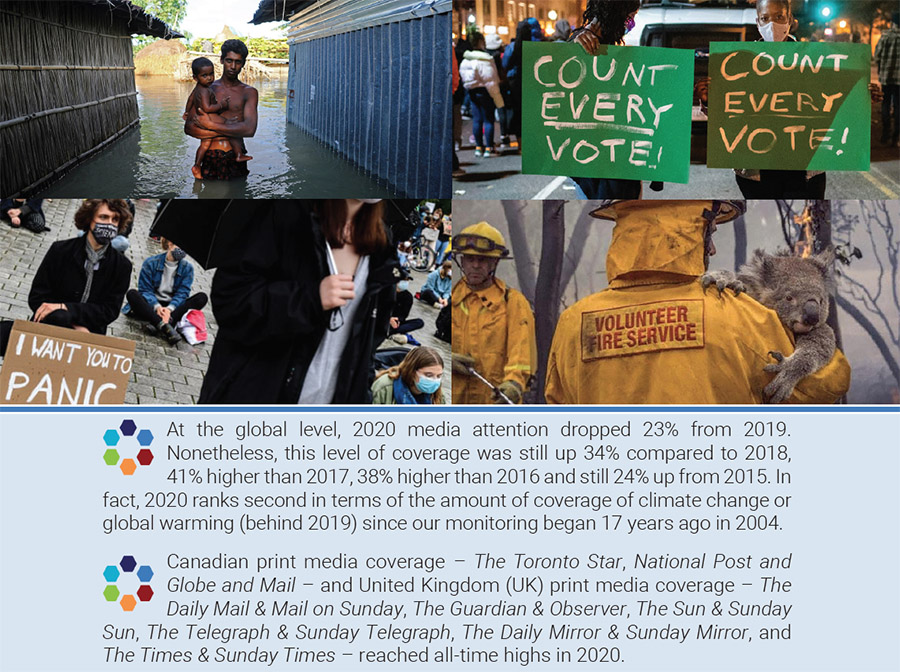
Last month, in Punta del Este, Uruguay, following a week of vigorous discussions, representatives from 100 nations created the inaugural international scientific panel aimed at equipping policymakers with reliable, independent insights on chemicals, waste, and pollution mitigation. This newly formed panel, yet to be named, signifies a landmark advancement in acknowledging chemical waste and pollution as vital global challenges comparable to climate change and loss of biodiversity.
Despite reaching an agreement, several issues remain unaddressed. Gabriel Sigmund, a researcher specializing in micropollutants and a member of the International Panel on Chemical Pollution (IPCP), pointed out that many specifics, such as policies on conflicts of interest, funding, and the panel’s scope and intentions, are still unclear. This uncertainty raises alarms among specialists and environmental organizations regarding potential delays in tackling the pressing issue of pollution.
The establishment of the panel was a result of negotiations stemming from the United Nations Environment Assembly’s resolution in 2022 to create a science-policy panel on chemical pollution and waste management by 2024. As the deadline drew closer, discussions became more intense. Miriam Diamond, an environmental scientist at the University of Toronto and IPCP member, characterized the Punta del Este conference as a “rollercoaster of emotions,” with certain nations obstructing progress on multilateral efforts.
Countries deeply invested in the petrochemical sector, including the US, Russia, and various Middle Eastern nations, pushed for a narrow focus for the panel, emphasizing air pollution while steering clear of topics like ocean and soil contamination. Some countries, like Argentina, resisted acknowledging the gender-specific effects of chemical pollution, while others aimed to eliminate pollution prevention and human rights considerations from the panel’s agenda.
The panel’s design was another point of contention. Modeled after climate and biodiversity panels, its decision-making body will consist of representatives from each member nation. They will be responsible for approving budgets, selecting the bureau and secretariat members, and appointing scientists to define the research agenda. The exclusion of non-governmental stakeholders from this process led to controversy, as their involvement, facilitated by a robust conflict of interest policy, could improve the panel’s multidisciplinary strategy.
Experts in environmental governance, such as Tim Forsyth from the London School of Economics, express concerns over a limited selection of experts that may fail to capture the varied viewpoints necessary to tackle the intricate relationship between chemical dangers, economic motivations, and policy. Addressing the disjointed landscape of chemicals and waste policies is crucial for the panel’s success, emphasizes Moritz Petersmann from the University of Eastern Finland.
Funding remains an obstacle, as the Global Environment Facility anticipates a replenishment next year amid changing global priorities. Nevertheless, optimism persists. For Miriam Diamond, the dedication to international teamwork demonstrated by US representative Elizabeth Nichols in Punta del Este served as a poignant reminder of the significance of multilateralism, despite its flaws.